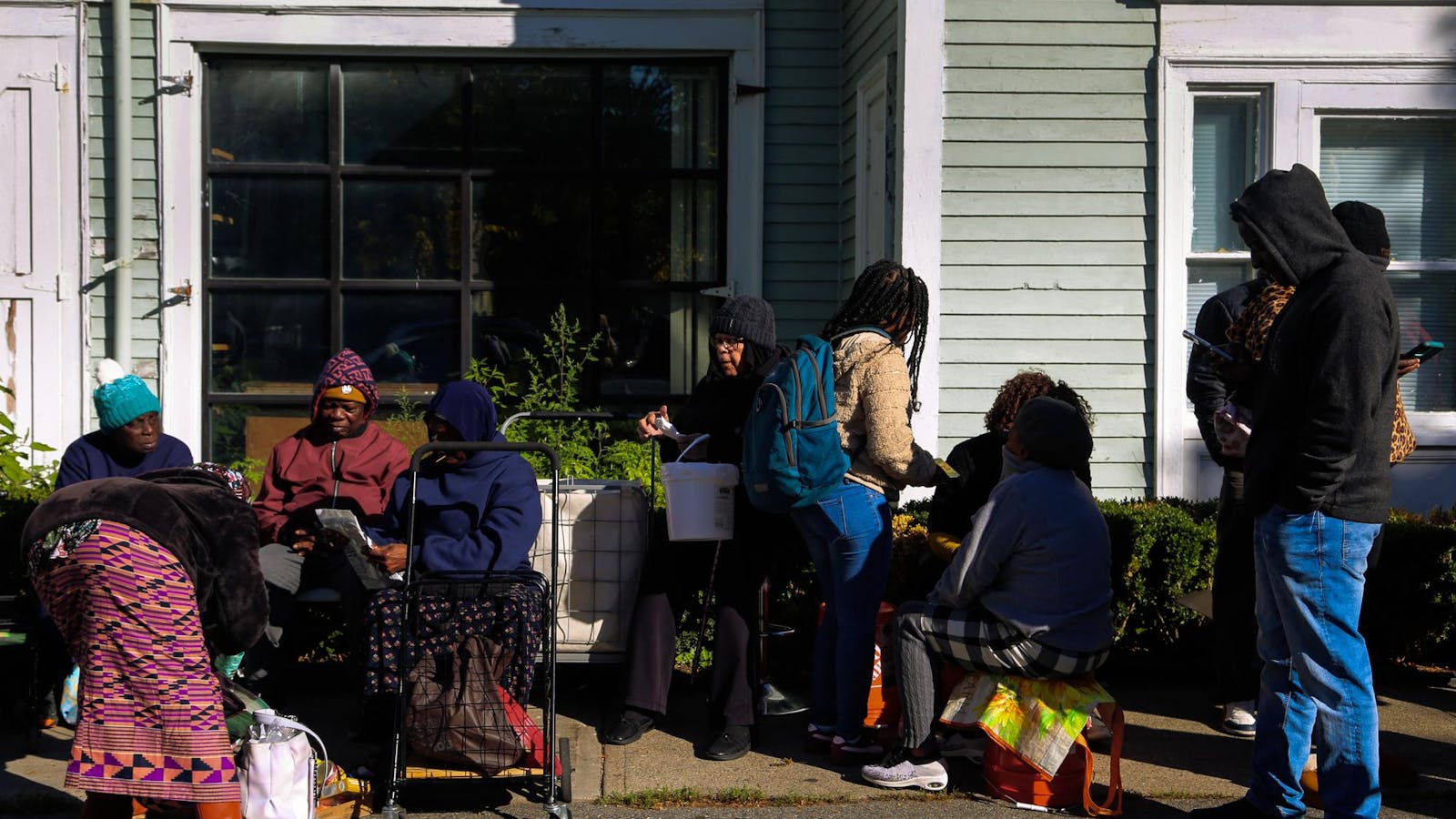In 2018, Chair of the Department of French and Francophone Studies Virginia Krause launched FREN 1410T: “L’expérience des réfugiés: déplacements, migrations” in response to the politicization of refugees in the U.S. “I just felt so helpless,” she said.
Eight years later, the course is as popular as ever.
Designed for students who have advanced proficiency in French, the course partners with Women’s Refugee Care, a Providence-based organization founded by Clement Shabani and Aline Binyungu, both French-speaking refugees from the Democratic Republic of the Congo.
“Adapting to a new country, in a new continent, has many obstacles, particularly with the English language,” Shabani said in an interview conducted in French and translated by The Herald. The goal of the organization is to “facilitate and help the integration of other refugees,” according to Shabani.
The organization launched in 2016, two years after Shabani and Binyungu — who are married — arrived in Rhode Island.
Each semester, students in FREN1410T work in small groups for different WRC programs, ranging from tutoring children to leading women’s empowerment workshops. Some students distribute fresh fish, produce and other essential staples to the Providence community on Saturday mornings
Brown students “really bring our organization to life,” Shabani said. He added that the volunteers “come with many talents” and fresh ideas to expand the organization’s activities.
This fall, 26 students have enrolled in the course, surpassing its capacity by six. “I let nearly all the students who wanted to join the course in,” Krause said. “I didn’t feel that I could shut them out, given the political context.”
Max Cairo ’27 chose the course because he wanted to advance his French studies in real-life contexts. “The community engagement aspect really drew me in,” he said.
Cairo is a member of the youth workshop project, which mentors middle and high school students at the WRC. Cairo sees the workshop as “a way to be a mentor for these kids that may not have that support system at home.”
Cate Gutowski ’27 found the class to be both rewarding and eye-opening. Through the course, she’s explored “areas of Providence that I would not otherwise go,” she said, given the WRC’s location off College Hill.
As a part of the tutoring project, Gutowski visits a fourth-grade student’s home each week. The “parents don’t speak English, so they can’t really help out with homework,” she said. “I felt like I was providing the support for them to really reinforce things they are learning in school.”
Back in the classroom, Brown students study literature and first-hand accounts of migration. Meetings are filled with discussion on the international right of asylum, in particular how the status of being a refugee is different from other migrants.
“The focus of the class is how France interprets” the right to asylum, Gutowski said. “The French have a more open idea” compared to the United States.
But the course has faced challenges in scheduling, as the rhythm of the academic calendar is not consistently conducive for community partnerships.
“Each semester, there’s this flurry of activity” at the WRC, Krause said. “Then at the end of the semester, it ends abruptly. For the students it’s normal, but for WRC, it’s very sudden.”
But Shabani noted that some students continue volunteering even after the course has ended. If students “can extend their time with our clients at WRC for a few more months, that would make us happy,” he added.
Apart from navigating these challenges, Krause is working on campaigning and developing a new initiative with the WRC: creating a pipeline of employment for members of the refugee community at Brown.
Get The Herald delivered to your inbox daily.
Krause looks forward to continuing to build reciprocity between Brown and the WRC through this budding project. Shabani shares her vision, noting that involving a few members of the WRC at Brown will strengthen the organization.
